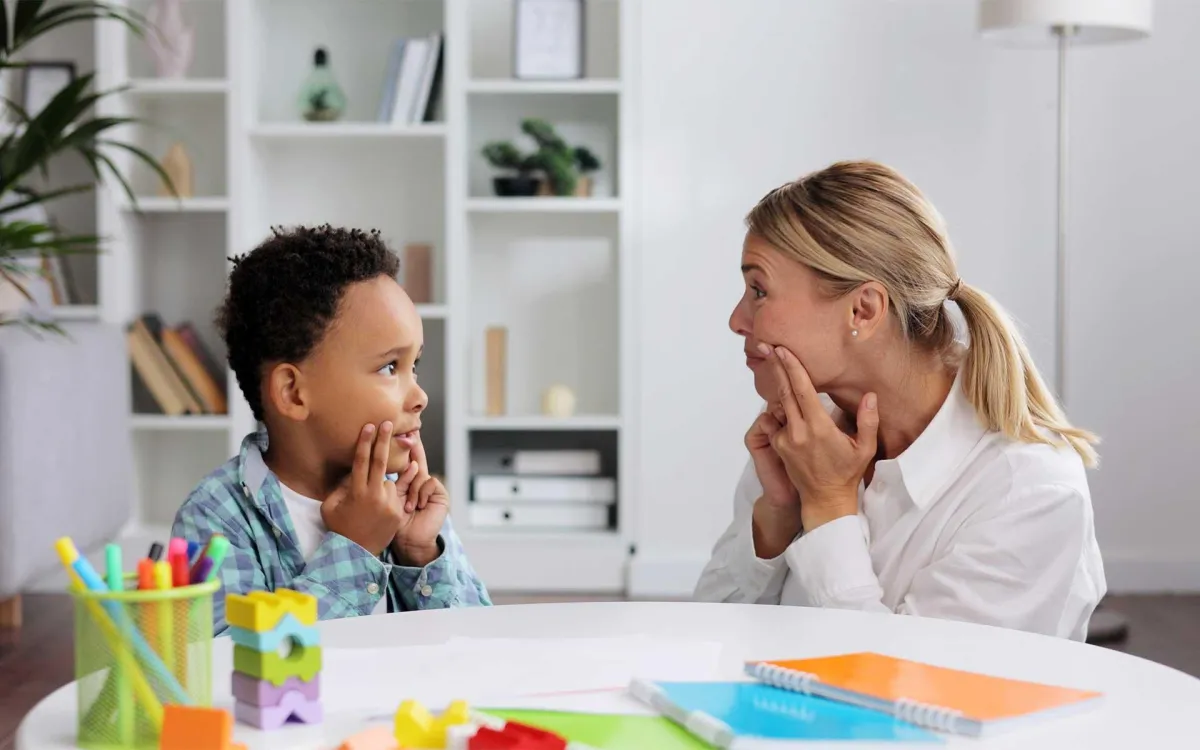
How Occupational Therapy Can Help Your Neurodivergent Child Thrive
If you're raising a neurodivergent child, especially one with ADHD or autism, you’ve probably run into challenges that other parents might not fully understand. Things like transitions that lead to meltdowns, struggles with dressing or feeding, or an intense reaction to textures, sounds, or movement.
These aren’t “bad behaviors.” They’re signals. One of the most supportive tools I’ve found for understanding and addressing these signals is occupational therapy (OT).
When one of my sons was a baby and toddler he was so sensory avoidant that he couldn’t touch anything messy, not even shaving cream or dirt. It affected his life in many ways and was disruptive. To help him with this I sought out an occupational therapy assessment. After working with the right occupational therapist, not only could he tolerate these textures, he asked to play with them. It was a huge moment when he was in the bathtub and asked to play with shaving cream.
Later, as my kids grew, OT has helped with emotional regulation, motor coordination, and building independence. Now all three of my kids go to OT and are thriving with that support.
What Is Occupational Therapy?
Occupational therapy helps kids build the skills they need for everyday life: getting dressed, playing, eating, learning, managing emotions, and interacting with their environment. But it’s more than just teaching routines—it’s about supporting the whole child: body, brain, environment, and emotional state.
Unlike some therapies that focus solely on behavior, OT takes a regulation-first approach. This is critical for neurodivergent kids whose sensory and emotional systems may be working overtime just to get through the day.
What Occupational Therapy Can Help With
If you’re wondering what OT actually does, here are some of the common goals therapists work on with autistic and ADHD children:
Sensory regulation: Helping your child tolerate textures, manage noise, or get the movement input they need
Emotional regulation: Using tools to calm down, recognize feelings, and increase flexibility with routines
Motor skills: Improving balance, coordination, pencil grip, and fine motor tasks like buttoning shirts
Executive functioning: Teaching strategies to start tasks, follow directions, and organize materials
Daily living skills: Brushing teeth, dressing, feeding, and building overall independence
It’s Not About “Fixing” Kids
This part is important: occupational therapy, like any therapy, isn’t about changing who your child is. It’s about giving them tools to thrive, to feel comfortable in their body, to build confidence, and to participate in the world without constant overwhelm.
That’s why finding the right therapist matters. Every plan should be personalized, because (as I always say) every brain is different.
If your child struggles with daily routines, sensory processing, or emotional regulation, I highly recommend looking into an OT assessment. It could be the key to helping your child feel more at home in their body and in their world.
Want to hear more? I shared personal stories and practical takeaways on this topic in my episode 101 of the Every Brain is Different Podcast.
Have you tried occupational therapy for your child? What’s been helpful for you?
Let me know in the comments or reach out. I’d love to hear your story.
